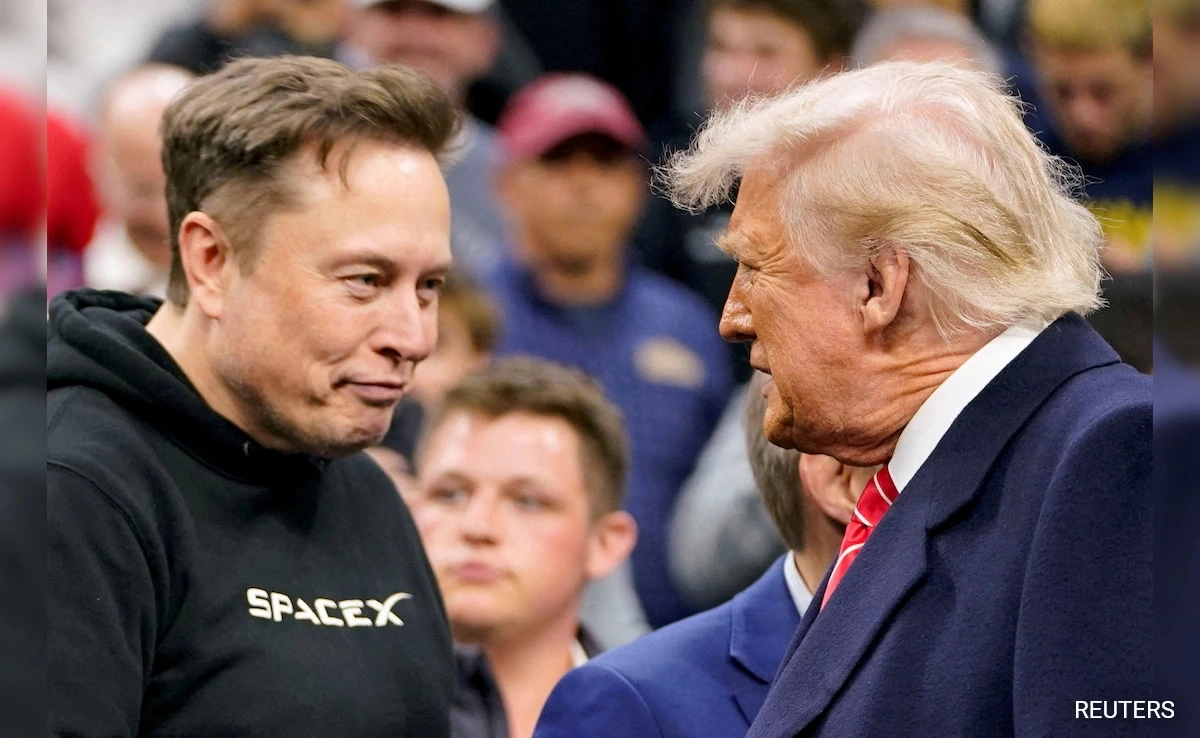In a recent exchange that has captured the attention of both political and tech circles, former President Donald Trump has sharply criticized Elon Musk, the billionaire CEO of Tesla and SpaceX. Trump’s remarks came during a public appearance where he expressed his disapproval of Musk’s actions and decisions in the business and social media realms. The former president did not hold back, describing Musk as a “train wreck,” suggesting that he believes the entrepreneur’s recent behavior has been erratic and detrimental to his reputation. This criticism is significant considering Musk’s influence on technology and public discourse, especially with his ownership of Twitter and its impact on communication trends.
Elon Musk, known for his typically unfiltered responses on social media, reacted to Trump’s comments with a mixture of humor and defiance. He took to Twitter to address the situation, indicating that he was unfazed by the former president’s opinion. Musk’s ability to navigate controversies has often been a point of fascination, and his response this time seemed to reflect a similar approach. By not escalating the confrontation, Musk may be attempting to maintain his image as a forward-thinking innovator rather than engaging in a public feud with a political figure.
This incident highlights the complex relationship between politics and technology, especially in an era where influential figures like Trump and Musk can shape narratives with their statements. The clash between a former president and a leading tech mogul raises questions about the intersection of their respective domains. Trump’s focus on Musk’s behavior suggests a broader concern about accountability and leadership in the tech industry, while Musk’s dismissal of the criticism may reinforce his image as a disruptor who is not easily swayed by external opinions.
As the conversation continues, it will be intriguing to observe how this dynamic unfolds and what implications it might have for both Trump and Musk. With both figures entrenched in their respective spheres, their interactions could signify larger trends in how technology and politics influence one another. As they navigate their public personas, the dialogues they spark could resonate beyond their immediate conflicts, potentially shaping public perceptions of leadership in the rapidly evolving landscape of the 21st century.




